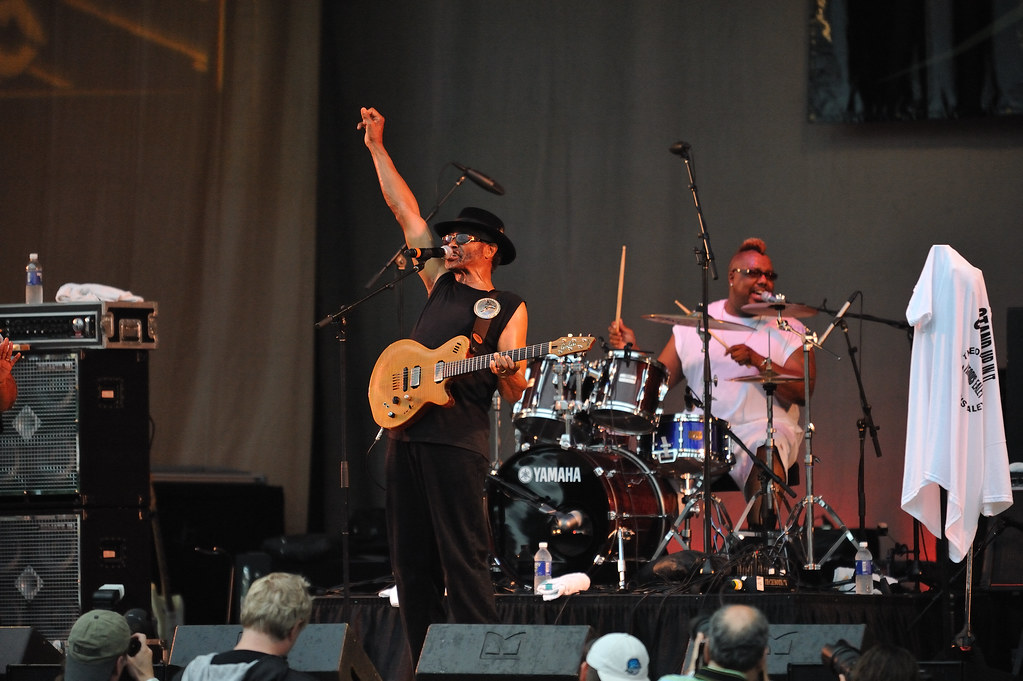In 1978, Chicago Mayor Michael Bilandic created the first ChicagoFest, as a food-and-music festival on Navy Pier that brought attention to the city. Though ChicagoFest has been discontinued, its spirit lives on in the Taste of Chicago and dozens of summer festivals that attract both locals and tourists to downtown Chicago and its neighborhoods.
In 1984, a year after the last ChicagoFest, Lois Weisberg created The Chicago Blues Festival to honor American blues singer Muddy Waters’ legacy. Since then, the festival has become the “largest free blues festival in the world,” according to Choose Chicago, the city’s tourism bureau.
Blues music as a genre is intertwined with the history of Chicago. The Chicago Blues Festival is the perfect showcase for the art this city has fostered.
After the Great Migration, urban blues emerged from classical blues in Chicago and St. Louis, when millions of Black people, including many former slaves, moved north from the Southern states. Influenced by Mississippi bluesmen like Muddy Waters, Chicago blues, specifically, is rooted in the sound of the electric guitar and the harmonica.
Since 1984, the Chicago Blues Festival has been celebrating this genre’s rich history, usually honoring a blues musician who has recently died, as well as highlighting new artists.
In its 40th year, the free festival is part of Millennium Park’s 20th anniversary season. From June 6-9 the lineup includes artists like Buddy Guy and Shemekia Copeland, as well as a tribute to Jimmy Rodgers.
According to the Jazz History Tree, blues originated “as music created by part-time musicians playing in the streets, at rent parties and other events in the Black community.” As music meant to be available to all people, blues often depicts the complexities of working class lives. By offering free entry, the Chicago Blues Festival stays true to these roots.
Every year, 500,000 people of all backgrounds enter Millennium Park to be uplifted by music that is, as described by the Jazz History Tree, rich with the history of both oppression and resistance.





















































